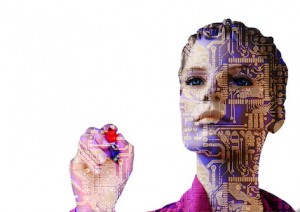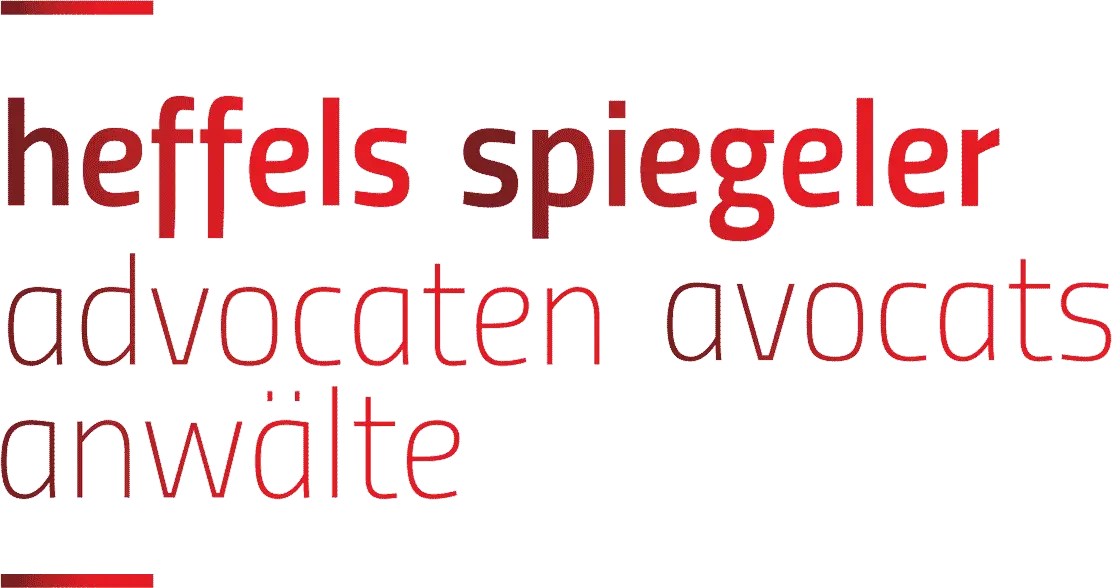 A few years ago, this question will have seemed coming straight out of one of the Hollywood movies. But today, due to the technology development this question finds a place in doctrine.
A few years ago, this question will have seemed coming straight out of one of the Hollywood movies. But today, due to the technology development this question finds a place in doctrine.
However, this interrogation is subject to debate within the legal profession. In its current states, French law does not allow a corporation to claim copyright on an artistic creation. The firm can only be the owner of the copyright in the case of collective work. This legal conception may appear logical, as behind the corporation, an individual is the author of the work. But what can be done about the issues of work ownership created by robots?
This problem does not arise for work created with the assistance of a computer. The Appeal Court of Bordeaux, on the 31th of January 2005, established the principle that “a work of art created from a computer system can benefit from the copyright rule, on the condition that it reveals, even a little bit, the originality that the author wanted to bring”. The condition, for a work to enjoy the copyright protection, is that the work must show the originality of its creator. In this matter, the copyright protection will be at the benefit of a person and not of the machine.
Let’s take the example of robots that are able to autonomously create a piece of “work”. During the last French elections in December 2015, some French medias have used robots to write short articles about the election results. They had an algorithm allowing them to search and select the relevant information. The articles provided were not all similar, in this case the work could have been qualified as autonomous. Could this work be cover under the copyright protection?
The work of art, in France, is defined as an original intellectual creation carried out in a tangible form. If on one hand, the condition of materialization of the work is fulfill, on the other hand it is complicated to acknowledge the work as an intellectual creation. Indeed, it is unlikely that the work will get this qualification, despite the degree of independence of the machine. The copyright of the work will be then to the benefit of the inventor of the algorithm, on the condition that it can be described as original. In the absence of original work, the work will not be protected. French law, at the moment, does not provide any copyright protection for robots’ work.
The European Union is also concerned about the difficulties arising from the absence of copyright protection for the robot creation. However, the Commission believes that “the technology is not yet ready to deliver the degree of autonomy to grant personality or legal status to robots. Nevertheless, granting robots a legal personality is an academic discussion at the moment, and the Commission is funding activities addressing legal issues related to robotics”.
Certainly the growing independence of robots will be the reason of many reforms in the area of copyright and liability. Meanwhile, the protection of the work of art remains a privilege reserved to the human being.
Aurélie Costa
